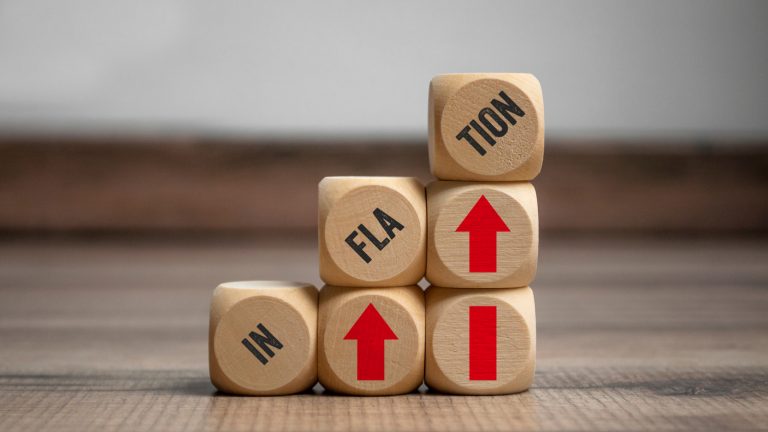President Joe Biden just announced new student loan forgiveness measures, cancelling $10,000 of student debt per qualifying borrower. While the initiative appears a win for the governing party, a number of critics have expressed their disagreement with the move, citing its potential injurious effect on inflation.
Biden will cancel $10,000 in debt for those earnings $125,000 or less per year. According to the Penn Wharton Budget Model, this would cost about $980 billion over the next 10 years. About two-thirds of the cancelled debt is held by those making more than $82,400.
Larry Summers, a former White House economic advisor, believes that loan cancellations present an imminent threat to inflation. In a series of tweets Monday, Summers elaborated on the potential negative affects of the action.
I hope the Administration does not contribute to inflation macro economically by offering unreasonably generous student loan relief or micro economically by encouraging college tuition increases.
— Lawrence H. Summers (@LHSummers) August 22, 2022
Not alone, a recent CNBC survey found 59% of Americans are concerned that student loan forgiveness could exacerbate inflation. A Wall Street Journal opinion piece even referred to the notion as an “Inflation Expansion Act.” The question remains, what exactly
is the inflation argument against the loan forgiveness plan?
Student loan debt relief is spending that raises demand and increases inflation. It consumes resources that could be better used helping those who did not, for whatever reason, have the chance to attend college. It will also tend to be inflationary by raising tuitions.
— Lawrence H. Summers (@LHSummers) August 22, 2022
How Does Student Loan Forgiveness Worsen Inflation?
Coming off the highest inflation in 40 years, apprehension surrounding what is functionally another stimulus program isn’t without merit. With this in mind, it’s not hard to see how an extended loan moratorium and student loan forgiveness could affect inflation.
There are a number of potential causes of inflation. This includes an oversupply of money in circulation, widespread supply shortages, and excess demand for goods. When the amount of money in an economy increases, the purchasing power of currency falls, resulting in a necessary increase in the price of goods.
As millions of borrowers find themselves with extra cash as a result of forgiven loan payments, some fear the increase in spending could put upward pressure on prices. This has resulted in inevitable comparisons to the stimulus program enacted earlier in the pandemic. While both programs serve to inject cash into the economy, student loan forgiveness would be more gradual. As such, the impact would be felt over months and years, rather than as a one-time jump.
Based on analysis from the Committee for a Responsible Budget (CFRB), $10,000 forgiven per borrower would increase near-term inflation more than the recently passed Inflation Reduction Act would reduce it.
However, debt cancellation advocates argue the eventual expiration of the loan moratorium started during the pandemic outweighs this difference. Although Biden extended it four months past the current Aug. 31 deadline, CFRB found the disinflationary effects would exceed any inflation caused by the partial student debt cancellation. Additionally, The Center for American Progress argues that student loan forgiveness will lower the cost of living, ultimately boosting the economy.
On the date of publication, Shrey Dua did not hold (either directly or indirectly) any positions in the securities mentioned in this article. The opinions expressed in this article are those of the writer, subject to the InvestorPlace.com Publishing Guidelines.

